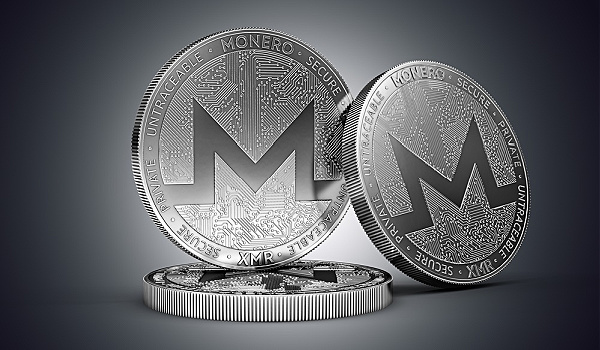Sarson Funds, Inc.
Over the past decade, cryptocurrencies and digital assets as a whole emerged from some deep shadows to become both useful tools and a widely embraced investible asset class.
Some types of digital tokens, called privacy coins or tokens, threaten to take cryptocurrency back into the shadows according to John Sarson, CEO and co-founder of Sarson Funds.
“These are tokens designed to obscure the identity of the sender, receiver, or in most instances, both,” said Sarson. “There are legitimate reasons people might want to use these tokens. Someone might really be afraid of identity theft. There are corporations doing legal things and would like to keep certain types of information private, such as how much they are paying people. There are many ways in which one’s identity can be anonymous in the public and still be possible for a regulator to understand what happened in a transaction.”
Privacy coins are being used to conceal transactions to such a degree that a regulator or law enforcement agency would find it difficult to find out what happened if they need to.
In a way, privacy coins offer the protection that many users of cryptocurrencies thought bitcoin extended to them—full financial anonymity. Such as what usually happens when new technology is introduced, shortly after bitcoin was launched, black markets and dark web operators became early adopters.
Today, privacy coins are being used to support the same black market that once turned to bitcoin, said Sarson.
“Bitcoin is an unstoppable payment method making it a way for “bad actors” to use it for extortion. The transaction can’t be stopped just because you know exactly where the bitcoin is going,” he said. “A privacy token adds an extra layer of “security” to the mix so that it’s not possible to identify where the payments are going, making it extremely problematic.”
With bitcoin, regulators and law enforcement can see very clearly where the bitcoin landed and at least are able to try to triangulate that bitcoin wallet.
Law enforcement agencies are increasingly capable of tracking down the owners of crypto wallets and using the public ledger of tokens like bitcoin to track down bad actors.
“The head of the DEA once went on record saying that she hopes all drug dealers keep using bitcoin,” said Sarson. “Once they figure out who owns the wallet, they can figure out every person they’ve done business with and it’s an immutable record. We’ve seen world-wide child pornography rings taken down because they used bitcoin, and bitcoin is like a smoking gun on every person involved.”
Privacy tokens, like Monero and Zcash, conceal the identity of the sender and receiver by generating an encrypted, obfuscated ledger that reveals no information about the transaction. Other coins like Dash allow users the ability to turn privacy features on and off.
“These coins are adding features that people think they want but once a coin has privacy features it ends up on a list of coins that won’t or should not be allowed in this country,” said Sarson. “Institutions know the gig is up. In crypto we all love thinking we’re anarchists, but at the end of the day we have to abide by Western banking rules. Some of the best non-lethal weapons in our arsenal to take down the really bad people in the world lie in our ability to control financial sanctions against bad actors. The government isn’t just going to give that up”
Sarson argues that crypto giant Gemini, which onboarded Zcash, made a huge mistake that will eventually lead to fines.
Tokens like Monero and Dash will never be integrated into traditional Western banking or asset management, said Sarson, while tokens like Dash could only be accepted if their privacy features had never been used.
“These coins are incompatible with our banking requirements,” said Sarson. “Under the new rules, we’re asked to identify and capture transactions over $600 and avoid transactions involving someone flagged as a terrorist or a money launderer. If someone sends you money associated with a privacy coin, you can’t accept it as a Western financial institution.”
The regulations Sarson refers to are Know-Your-Client (KYC) and Anti-Money Laundering (AML) rules that bind advisors, brokers, custodians, exchanges and banks.
Stay tuned for next week to read about another trend Sarson fears might run afoul of Western KYC and AML rules.







